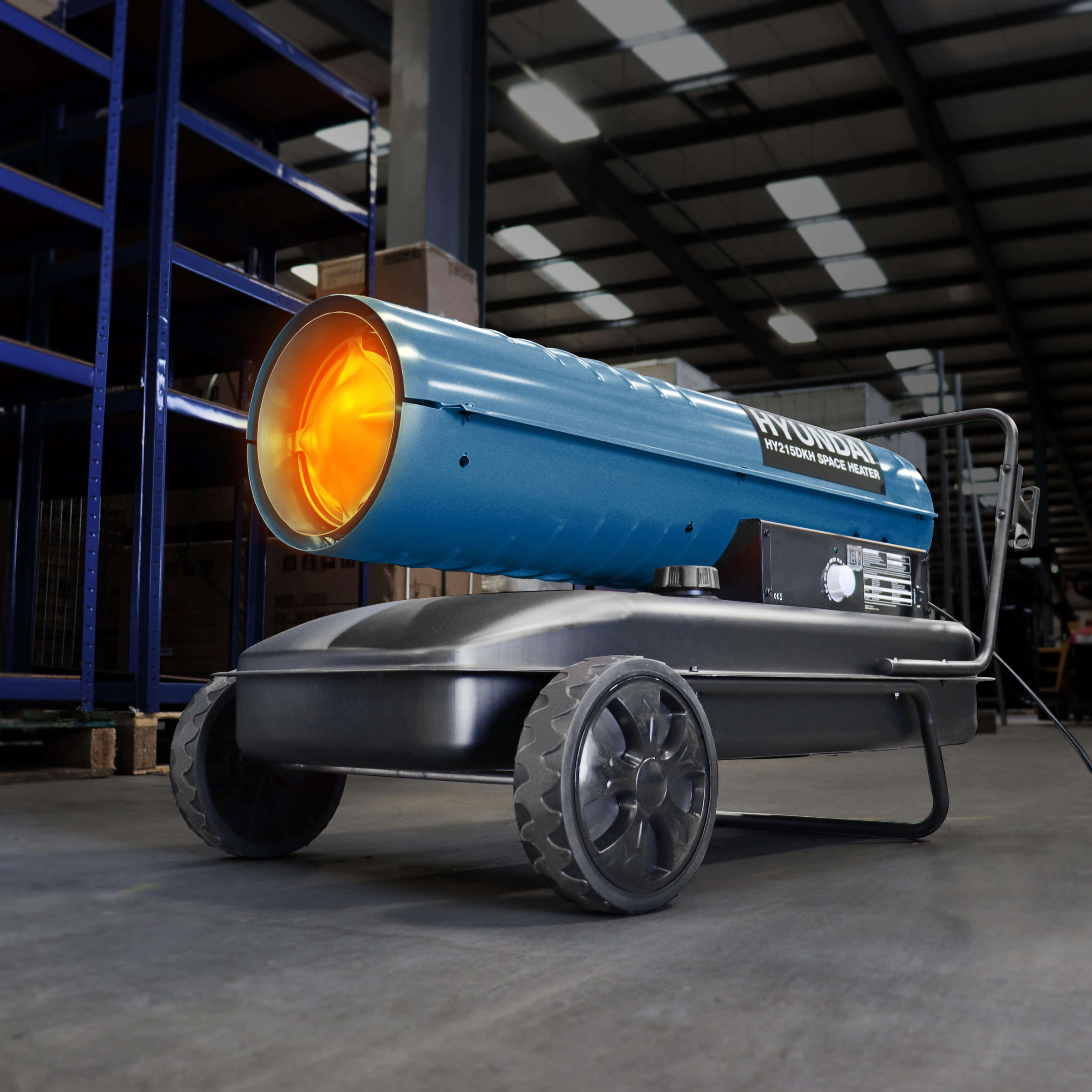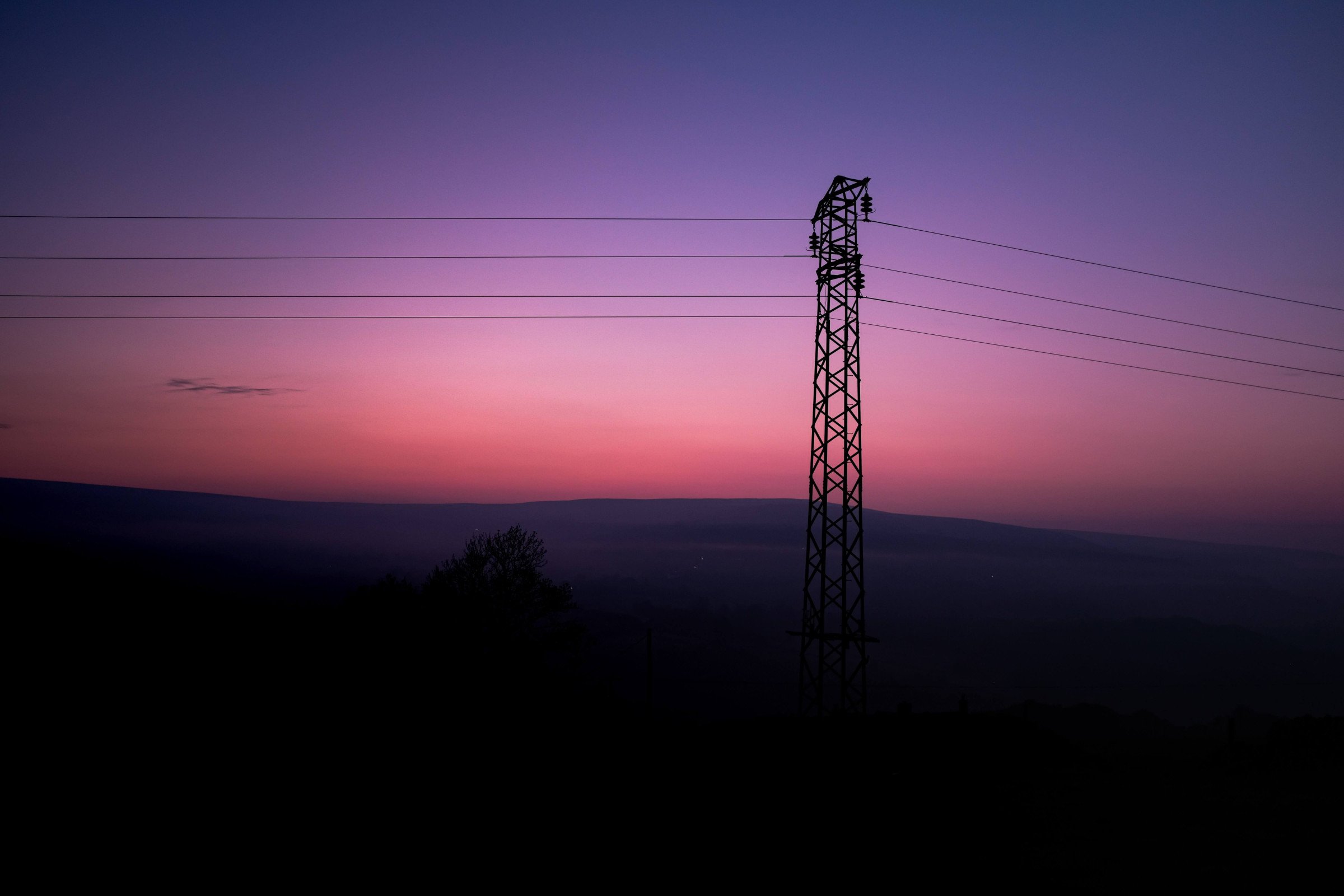
The UK Energy Crisis - What Does It Mean For Me?
Autumn is here - mornings are misty and dark, days are rainy, and we're back to switching the heating on to get rid of that chill in the evenings.
Despite being cosied up in our homes, it has been impossible to ignore the somewhat startling recent news about the energy crisis that has hit the UK this year.
With smaller energy suppliers collapsing and fires on power lines, we’re left to wonder what this will mean for the UK this autumn and winter - should we expect massive increases in our heating costs or face the possibility of power cuts?
So, what has caused the UK’s 2021 energy crisis?
A number of different issues have come together to create a perfect storm for the UK power and energy sector, as well as for households and businesses up and down the country.
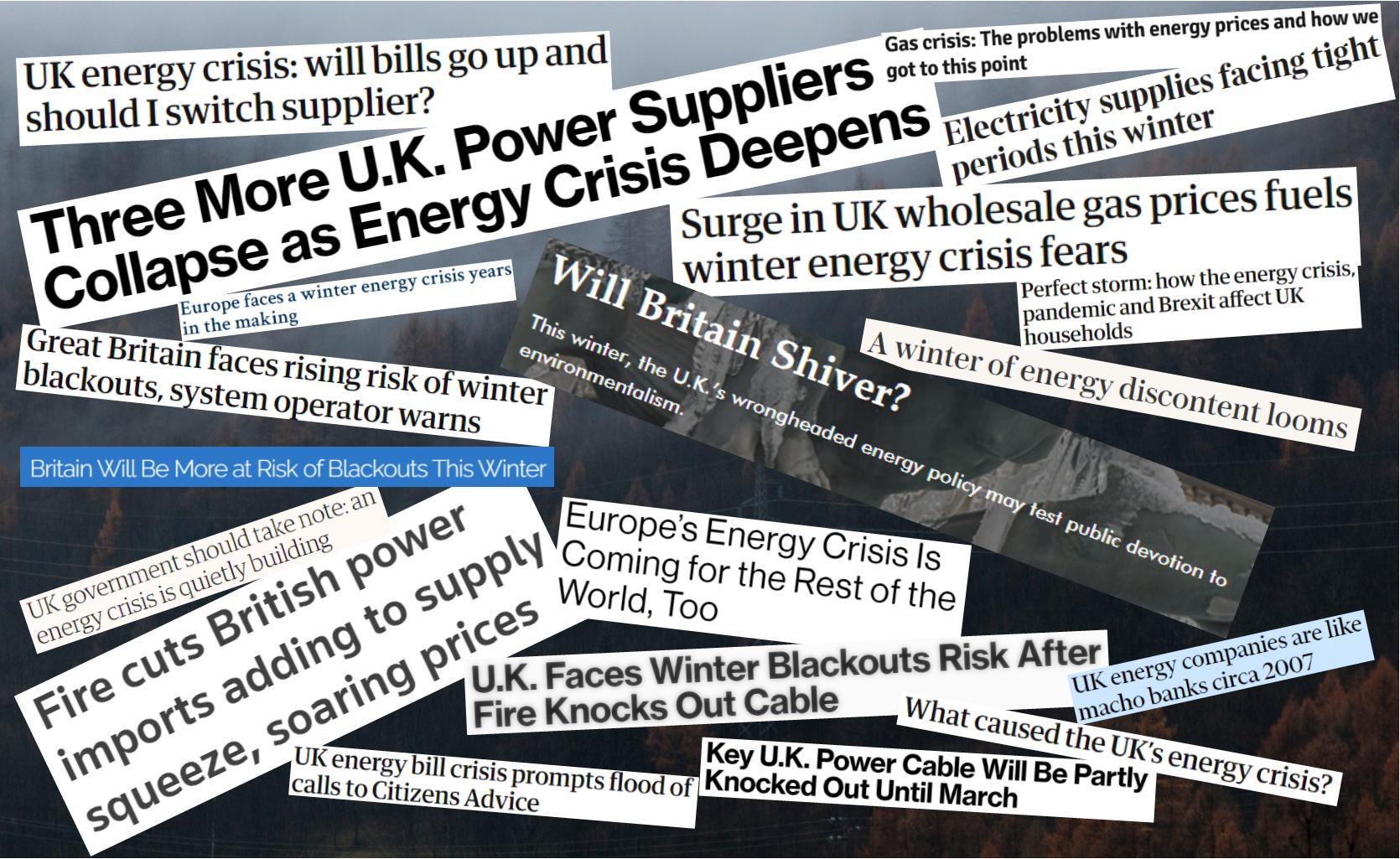
High European natural gas wholesale prices have skyrocketed in the past few months - in August 2021 alone, prices increased by up to a massive 70%, according to OGUK.
This price surge is in response to a huge increase in demand for gas following last year’s cold winter that left reserves depleted, and a rush to panic-buy gas to avoid being in the same boat this year, as well as an increase in post-lockdown power demand across the world, particularly in Asia.
On top of this, we have been bombarded with the news that it’s very possible that the UK could be facing power cuts this autumn and winter due to a major fire forcing the shutdown of a vital power cable at a Kent national grid site which imports electricity from France, and isn’t expected to be repaired until March next year according to the National Grid.
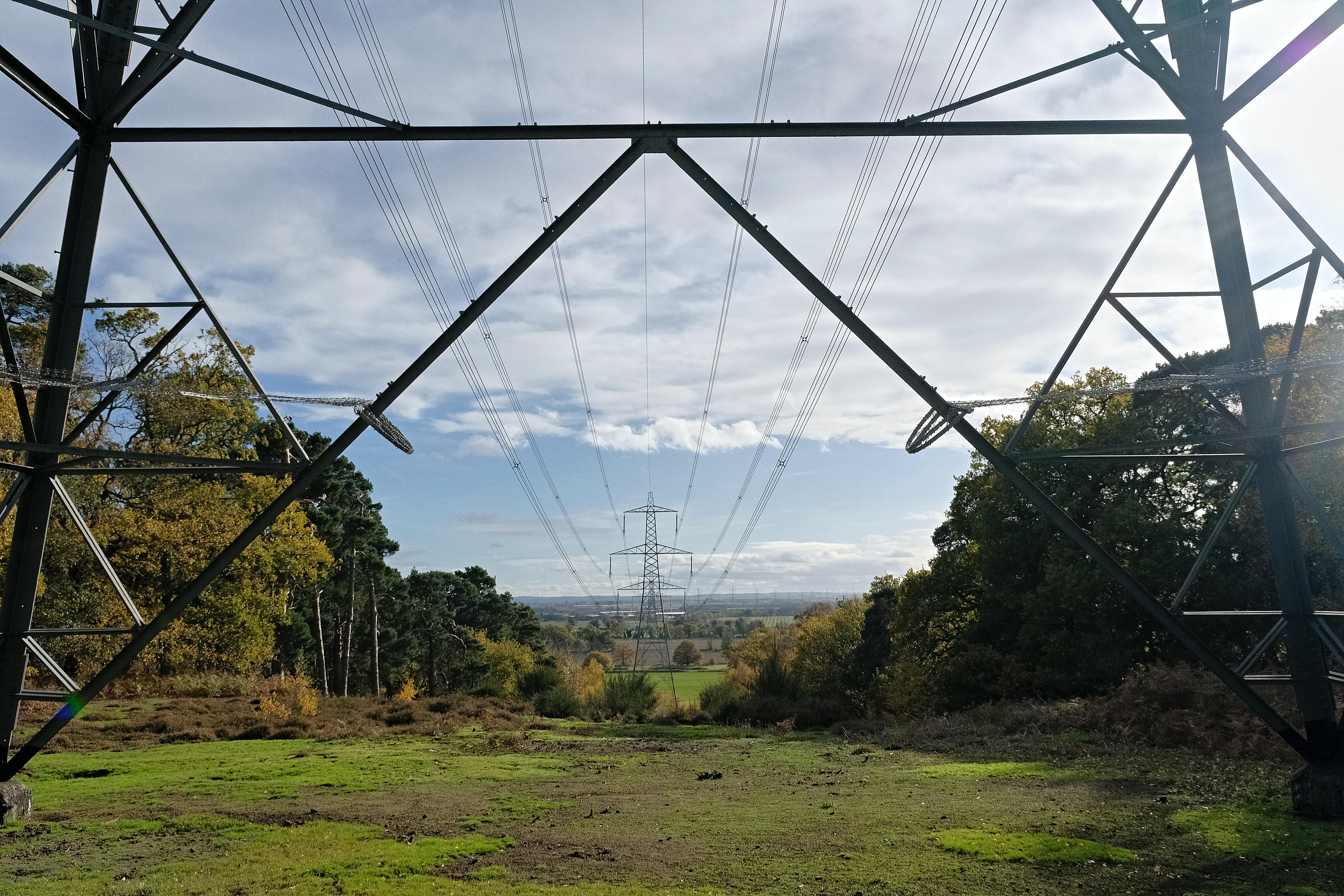
With around 40-50% of the UK’s electricity being produced by gas-powered power stations, there is also the issue of our aging nuclear power plants being forced to regularly close for maintenance, and also record-low wind speeds slowing our turbines - the lowest summer wind speeds on record since 1961 - so it’s looking like we could end up in a bit of a tentative situation as temperatures continue to drop.
Despite Britain heavily relying on gas for heating homes, powering industry, and supplying the majority of our electricity, we have one of the lowest gas storage capabilities in the whole of Europe, which leaves us especially vulnerable to rising gas prices.
Many smaller energy companies have already gone bust; due to price caps and fixed-rate contracts, these companies were unable to match the prices they were charging their customers with the massively increased wholesale prices they were paying.
This is also already affecting industry in the UK, with the recent news that steelmakers and fertiliser factories have been shutting down during peak power times to avoid the skyrocketing energy prices.
So, what does this mean for me?
The 2021 UK energy crisis will affect nearly everyone. It could mean that your energy bills will increase. Also, if your power or electricity supplier is a small company, it’s possible that they might go bust over the course of this autumn and winter, leaving you no choice but to sign onto a more expensive alternative.
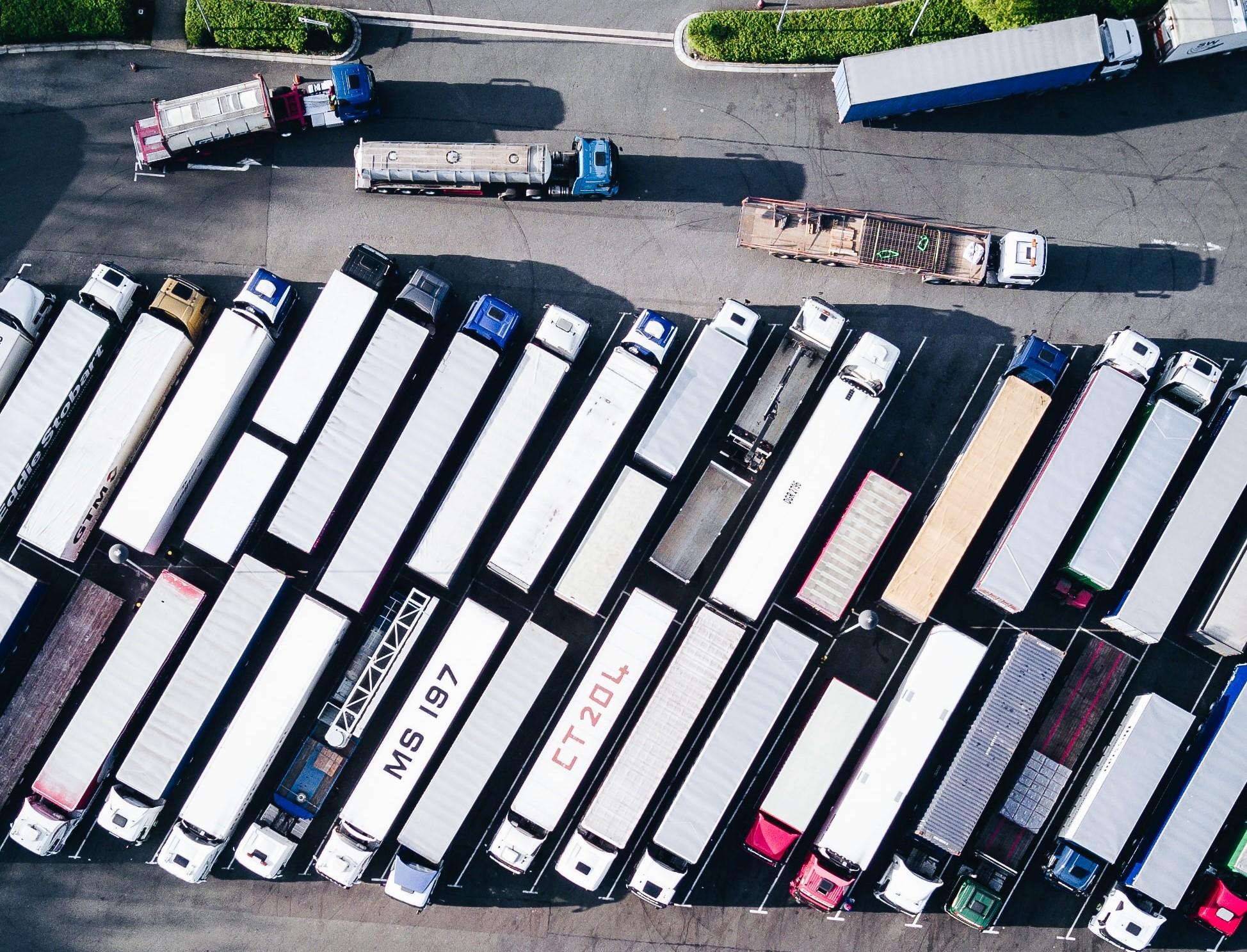
It could also have major knock-on effects for the food supply chain that you might not expect. Carbon dioxide is a waste byproduct from fertiliser factories (which have been slowing their production due to energy price increases), which is used to keep perishable food cold whilst its being transported, stun animals for slaughter, and is also used to make all of our favourite fizzy and alcoholic drinks.
Most obviously, it could also mean blackouts across the UK, with the National Grid ‘uncertain’ whether they will be able to keep up with demand during peak times over the autumn and winter.
There has also been discussion on the news about planned ‘brownouts’, where energy suppliers or the National Grid will purposely reduce the flow of electricity to certain areas when demand is nearing production capacity for load reduction and blackout prevention. During this time, electricity will still be accessible in your home but at a lower voltage - your lights will dim, your appliances may rapidly switch on and off, and you could run the risk of damaging devices such as PCs and TVs if you continue to use them during the brownout.
Power cuts can have a detrimental effect on business, especially during peak times. Without lighting, power, wifi or security, your business could experience loss of current and future revenue, margin loss, as well as facing a range of health and safety issues.
Without power in your home, you’ll have no heating or lights, no hot water, unable to cook any food, and be stuck with your fridge and freezer slowly warming up.

We have seen a massive increase in demand for diesel backup generators since the energy crisis hit the news, and it’s showing no signs of slowing down.
Don't be left in the dark this autumn and winter - get some peace of mind and keep warm and powered up with one of Hyundai's backup generators, perfect for your home or business.
The Hyundai range of quiet-running diesel generators have been designed to provide reliable standby power for homes or businesses which lose power suddenly.
They can also be used as standalone power for small workshops, farms or barns, when you need a few hours of power for tools or equipment.
For expert advice or any questions you may have, you can give us a call on 01646 687880, fill out the contact form here or drop us a message on any of our social media pages - Facebook, Instagram, LinkedIn or Twitter.

 Expert Advice and Aftersales
Expert Advice and Aftersales Free UK Delivery*
Free UK Delivery*